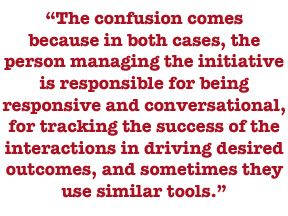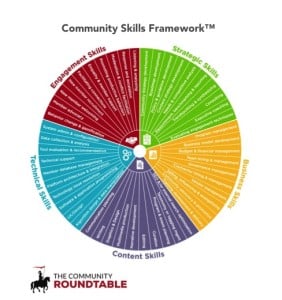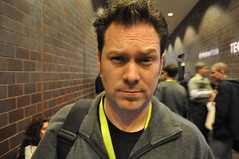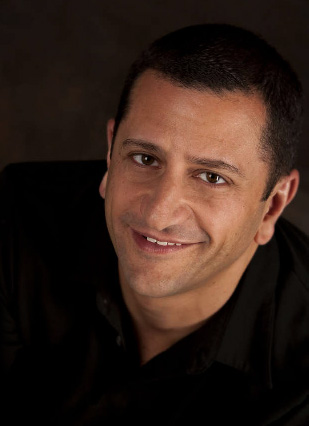Our second episode features an interview with Tim Walker, Social Media Manager at Hoovers. From their web site:
We deliver comprehensive insight and analysis about the companies, industries and people that drive the economy, along with the powerful tools to find and connect to the right people to get business done.
Conversation highlights include:
- Knowing when to use what tools… Twitter, Facebook, email, phone or a walk down the hall.
- A discussion of the difference between being community manager and a social media manager.
- Understanding the balance between “on-domain” and “off-domain” engagement.
- What community management and The Dating Game have in common. (!!)
Download this episode.
Subscribe to this podcast series.
MUSIC CREDIT: “Bleuacide” by graphiqsgroove.
About Conversations with Community Managers*
To better reflect the diverse conversations our podcast covers we’ve changed the name of our long-running series to Community Conversations.
Community Conversations highlights short conversations with some of the smartest minds in the online community and social business space, exploring what they’re working on, why they do what they do, and what advice they have for you.
These episodes are a great way to begin to understand the nuances of community strategy and management.
Each episode is short (usually less than 30 minutes) and focuses on one community management professional.
Podcast: Play in new window | Download

![Reblog this post [with Zemanta]](https://img.zemanta.com/reblog_e.png?x-id=fa7f79d3-a768-440c-a137-a2c48aee965d)




 Mark
Mark I’ve been friends with
I’ve been friends with  I found Michael Brito (
I found Michael Brito (
 I met
I met ![Reblog this post [with Zemanta]](https://img.zemanta.com/reblog_e.png?x-id=46d7d726-57d8-4ecc-bbfd-55307bf3ce46)
